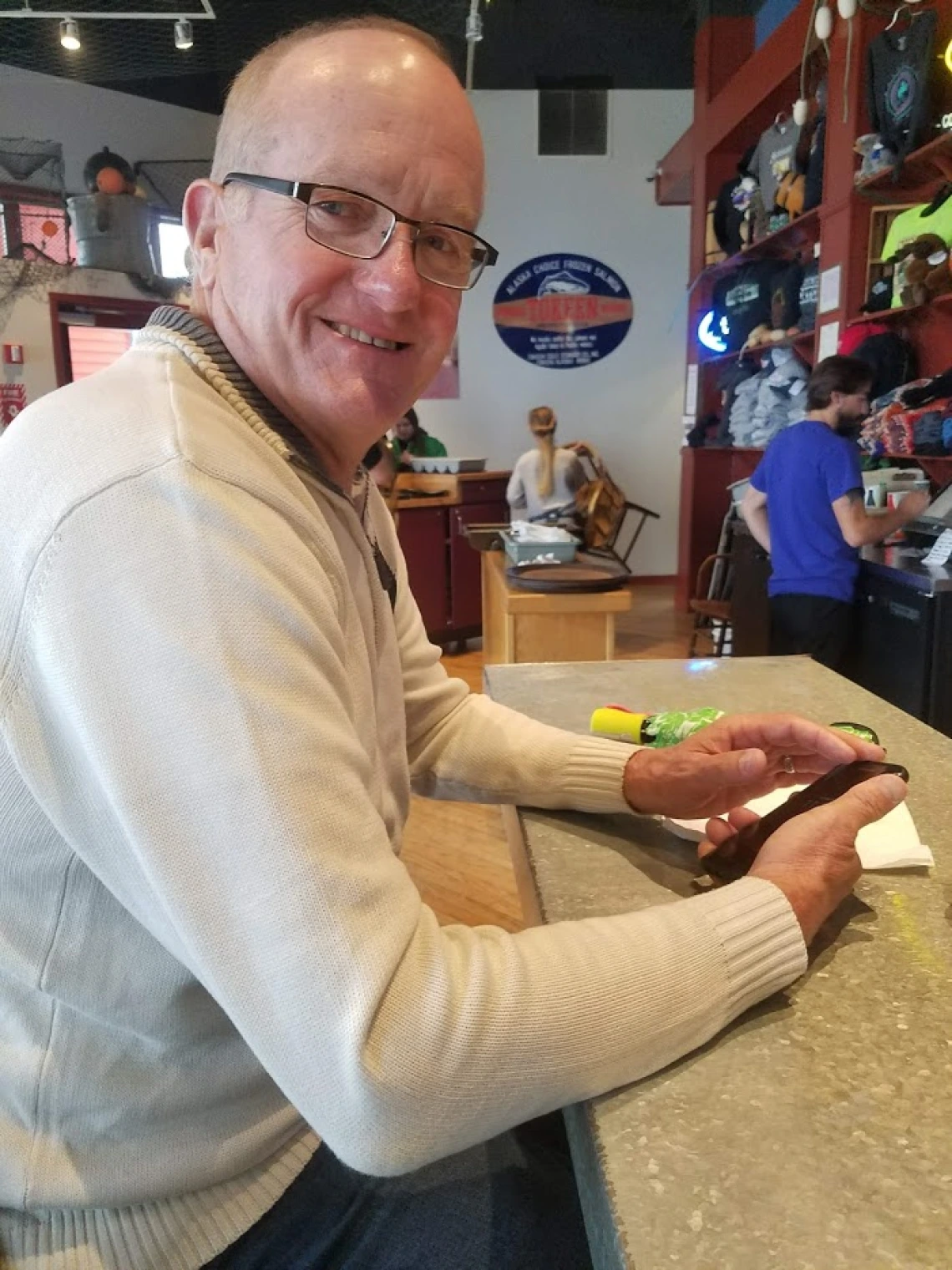One-on-One With Mentor Claude Merrill
After earning his bachelor’s degree in electrical engineering from the University of Arizona in 1982, Claude Merrill spent 32 years working for Raytheon.

He worked on a number of technologies, but his favorite job was setting up the test and integration portion of a major factory, taking it from a bare-walled building to a fully functioning facility.
His last position was senior department manager in charge of the Presidio Factory of the Future, a showcase factory located in Tucson. Becoming a capstone project mentor in 2017 gave him an opportunity to share his expertise on technologies ranging from low-voltage power supplies to laser receivers.
What inspired you to become a mentor?
My wife, who has a physics degree with a master’s in optics, was hired as a mentor and recommended me for the job. Luckily, the administration thought I would be a good fit. I have spent my career teaching young engineers how to do my job so that I could move on to another. I thought that this job would be a great place to continue that lifelong process.
I really enjoy working with the students and sponsors. I believe that the multidisciplinary team approach to engineering projects is exactly what happens in industry, so this process prepares the students for life as an engineer.
What is your personal experience of having a mentor? How did it help you?
I never really had a mentor. After graduation, I was thrown into the work pond. It was sink or swim. It took me two to three years to reach the level of experience that the Interdisciplinary Capstone 498 students graduate with.
How does being on a mentored design team help students in the professional world?
First and foremost, the course teaches a structured approach to design: proposal; concept of operation; functional requirements; system requirements; system architecture; preliminary design review; critical design review; procurement; integration; test; system verification; final acceptance by customer.
The second major thing that the students learn is how to work in a multidisciplinary-team environment, where they don’t know their team members, and they didn’t necessarily get their first choice of project – exactly like real life.
What’s your favorite team or project you have mentored, and why?
It is very difficult to pick any one team or project as my favorite of all time. I have worked with some exceptional students, with some very successful teams and some not-so-successful teams, on some really interesting projects and some not-so-exciting projects. All of them, in their own way, are my favorite.
Describe an aha! moment you experienced while mentoring a design team, when you saw clearly how students benefit from mentorship.
During my career, I have made or been involved in almost every mistake that you can possibly make in design, integration and testing. I often point out to the students that something won’t end well if they continue on their current technical path. Most of the time they listen, but sometimes they don’t. I think that my best moments come from the teams that never tell me, “Everything that you said would go wrong did!”
What advice would you offer to others considering mentoring a design team?
Don’t do the design work for the team. They’re smart – let them figure it out. Point out the pitfalls they may encounter on the way. And help them figure out how to fully use all members of the team.
How do employers benefit when they hire students who have been on a mentored senior design team?
The employers that hire a student from our capstone program get an employee that understands the full engineering process. They know how to procure parts, how to plan work, how to work with a diverse team, and why configuration management and project planning are important. They understand designing to the requirements rather than designing for perfection. They understand design margin and scope creep. Our graduates can hit the ground running in their new jobs. Without this program, they could spend months to years learning what we teach.
Tell us something fun, impressive or unique about yourself that people might be surprised to learn.
Weird factoid #43: Since January 2005, I have spent 3,252 hours riding 50,028 miles on a bicycle. The vertical component of that is 298.9 miles.

